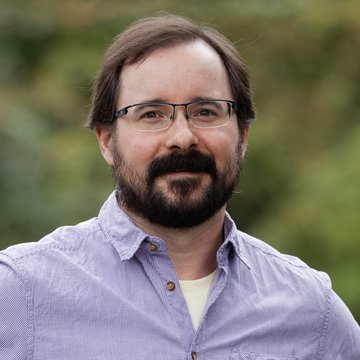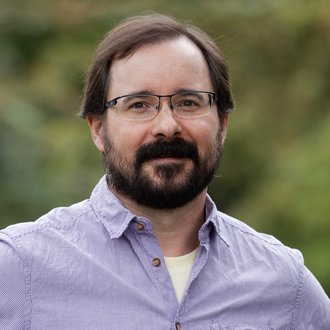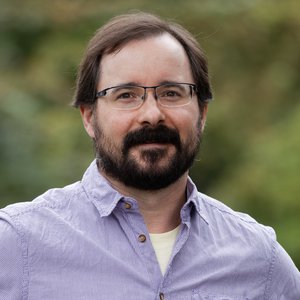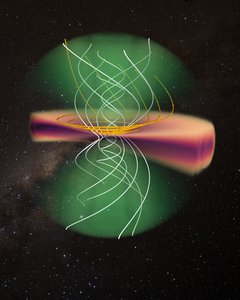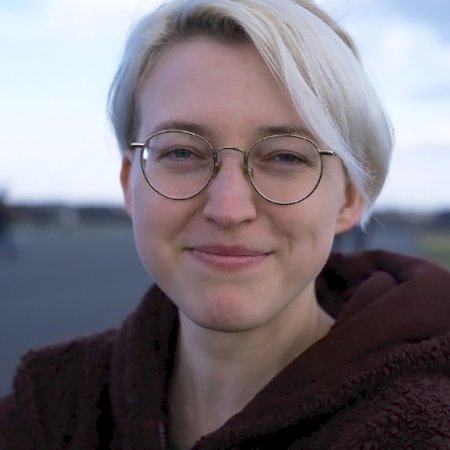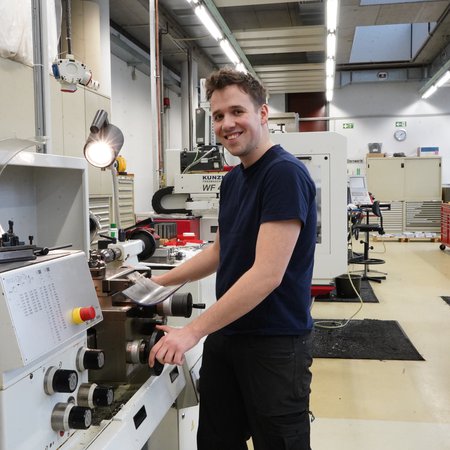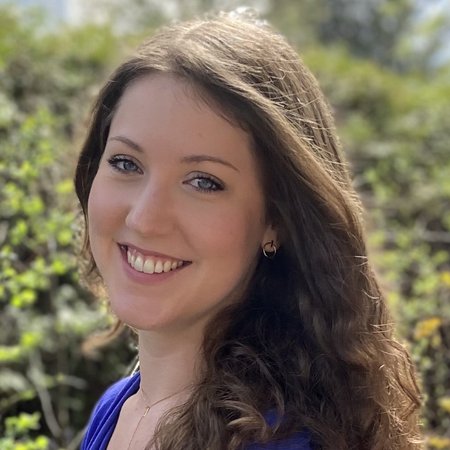ERC funding for research into planetary birth sites
The European Research Council (ERC) has awarded Dr Oliver Gressel, scientist at the Leibniz Institute for Astrophysics Potsdam (AIP), with a prestigious Consolidator Grant. The aim of the project is to gain a better understanding of the formation and development of the gas disks around young stars from which planets are formed. The grant covers almost 2.5 million euros over a period of five years.
When young stars are born, they are often surrounded by a cloud of gas and dust that flattens out into a disk where planets can develop. The now funded research project focuses on the structure and early evolution of these protoplanetary gas disks. One of the central questions is what role the environment of the gas disks plays. “Planet formation, figuratively speaking, happens within the blink of an eye after the star has formed. We want to understand which solid constituents of the disk originate from or are influenced by their direct interstellar environment,” explains Oliver Gressel, who heads the Magnetohydrodynamics and Turbulence section at the AIP. “We have the ambitious goal of creating and understanding the most realistic magnetohydrodynamic simulations of the gravitational formation and very early evolution of protoplanetary disks to date.” The Consolidator Grant will fund positions for PhD students and PostDocs researching on the topic. The local computer cluster at the institute will also be expanded, as it is essential for developing computationally intensive simulations.
Oliver Gressel has been the head of the Magnetohydrodynamics and Turbulence section at AIP since 2021. After studying physics in Tübingen, he came to Potsdam as a doctoral student at the AIP for three years, completing his doctorate at the University of Potsdam. This was followed by research stays in London and Stockholm and an assistant professorship at the Niels Bohr Institute in Copenhagen. In 2015, he received the Johann Wempe Award for his achievements. He returned to the AIP with an ERC Starting Grant in 2018.
The European Research Council (ERC) is an institution established by the EU Commission to promote fundamental research. Two principles characterize the funding procedure: excellence as the sole funding criterion, and an independent and transparent peer review process. The ERC awards annual ERC Consolidator Grants to excellent scientists in the period seven to twelve years after their doctorate.
Further information
ERC press release
https://erc.europa.eu/news/erc-2021-consolidator-grants-results
The European Research Council (ERC) has awarded Dr Oliver Gressel, scientist at the Leibniz Institute for Astrophysics Potsdam (AIP), with a prestigious Consolidator Grant. The aim of the project is to gain a better understanding of the formation and development of the gas disks around young stars from which planets are formed. The grant covers almost 2.5 million euros over a period of five years.
When young stars are born, they are often surrounded by a cloud of gas and dust that flattens out into a disk where planets can develop. The now funded research project focuses on the structure and early evolution of these protoplanetary gas disks. One of the central questions is what role the environment of the gas disks plays. “Planet formation, figuratively speaking, happens within the blink of an eye after the star has formed. We want to understand which solid constituents of the disk originate from or are influenced by their direct interstellar environment,” explains Oliver Gressel, who heads the Magnetohydrodynamics and Turbulence section at the AIP. “We have the ambitious goal of creating and understanding the most realistic magnetohydrodynamic simulations of the gravitational formation and very early evolution of protoplanetary disks to date.” The Consolidator Grant will fund positions for PhD students and PostDocs researching on the topic. The local computer cluster at the institute will also be expanded, as it is essential for developing computationally intensive simulations.
Oliver Gressel has been the head of the Magnetohydrodynamics and Turbulence section at AIP since 2021. After studying physics in Tübingen, he came to Potsdam as a doctoral student at the AIP for three years, completing his doctorate at the University of Potsdam. This was followed by research stays in London and Stockholm and an assistant professorship at the Niels Bohr Institute in Copenhagen. In 2015, he received the Johann Wempe Award for his achievements. He returned to the AIP with an ERC Starting Grant in 2018.
The European Research Council (ERC) is an institution established by the EU Commission to promote fundamental research. Two principles characterize the funding procedure: excellence as the sole funding criterion, and an independent and transparent peer review process. The ERC awards annual ERC Consolidator Grants to excellent scientists in the period seven to twelve years after their doctorate.
Further information
ERC press release
https://erc.europa.eu/news/erc-2021-consolidator-grants-results
Images
Dr Oliver Gressel.
Big screen size [1000 x 1000, 180 KB]
Original size [2192 x 2192, 760 KB]
Simulation of a gas disk around a young star. Magnetic fields (visible as white field lines) and simultaneous heating (green region) by X-rays from the central star cause a rotating wind (yellow flow lines). This plays an important role in the evolution of the disk and possibly for the formation of planets.
Big screen size [1000 x 1250, 150 KB]
Original size [2480 x 3100, 640 KB]
